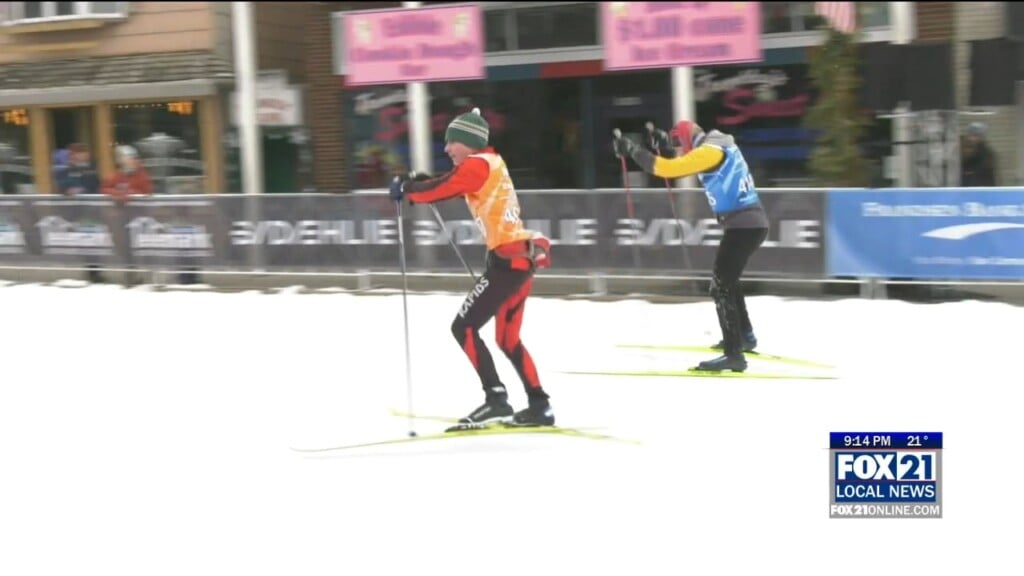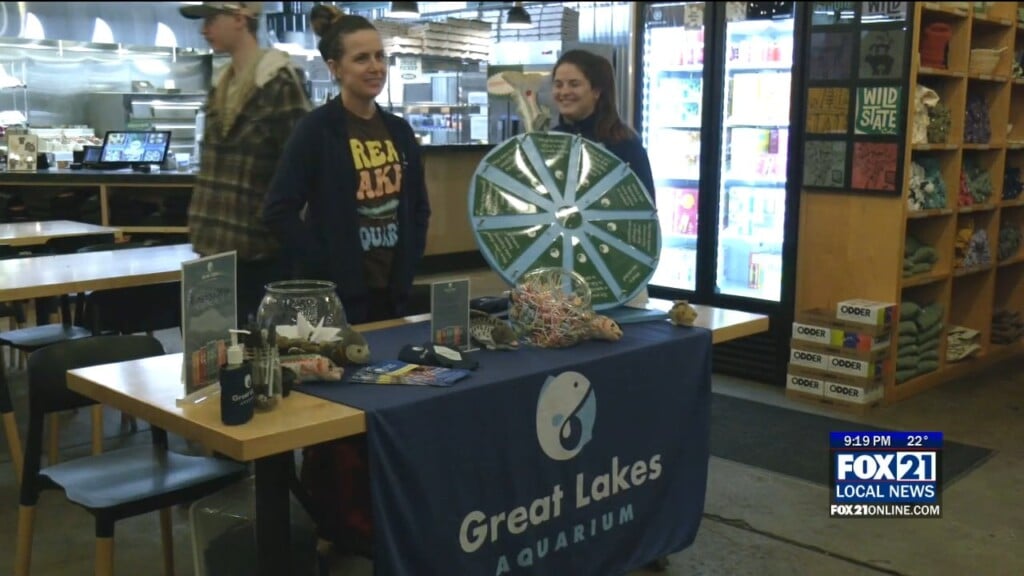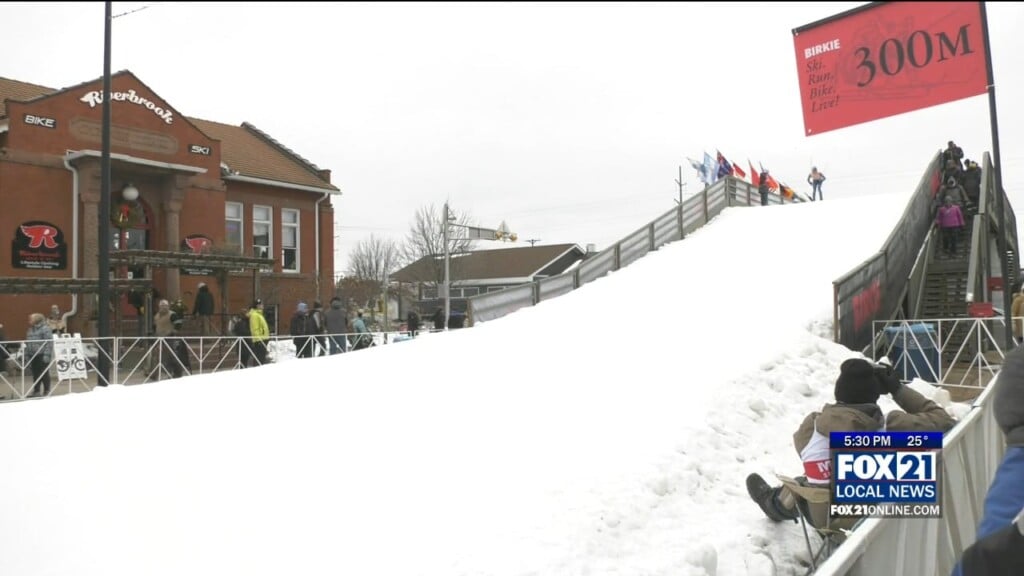Hundreds of Wildfire Firefighter Students Learn the Ropes
GRAND RAPIDS, Minn.– More than 400 students are attending the Wildfire Academy this year. It’s located at Minnesota North College Itasca Campus.
As for the drive to join this line of work, it’s different for everybody.
“Well, living in northeastern Minnesota, there’s a lot of fire, and there’s a need for support. I work for Superior National Forest, and I’ve got a lot of great workers that do fire. But in my previous roles, I never had the opportunity to get red carded. So, I’m excited to be with the forest and be able to serve in another way,” said Michelle De Leon, a wildfire academy student.
The intensive week-long academy covers classroom learning catered to both beginner and experienced wildfire fighters. The students are prepared with lectures, and then they put it all to the test.
“By having the practical exercises, they get to use the equipment, the tools, the chain saws, the pumps, the hose, really get the experience of what it is to do the firefighting and learn the processes and procedures that are required to do those operations safely and effectively out in the field,” said William Glesner, Wildfire Operations Manager, Minnesota DNR.
Before the students can take on firefighting techniques, they get a crash course on the basics.
“And right now we’re really focused on safety protocols. How do we communicate with one another? And at the end of the day, we’re not only protecting life and property, but we’re also protecting each other on the fire line,” said De Leon.
“When you go out on a fire line, whether somebody has a red helmet or a white helmet or a yellow helmet, or they’re coming in a yellow truck or a green truck or a white truck. So, they’re all using the same processes and procedures to operate efficiently out there,” said Glesner.
As for the instructors themselves, many of them relay lessons through personal experience.
“Many of the people that are teaching the courses this week have also been on all the fires that were out there this spring. And so, the same people that are learning from the instructors are the ones that were supervising them out in the field,” said Glesner.
But most of all, they’re learning to work as a team.
“If they train together, and they work together and they play together, they’re going to be operating, they’re going to be more of a team. And that’s the whole point of having the academy is learning who your partners are, within your agency, within other agencies, who to communicate with, increasing that networking,” explained Glesner.
“We’re not really learning what you may think about in a classroom. I didn’t even get an agenda for a class, for example. And so, it’s been really fun to be able to learn in a different way and challenge my brain, and then today to be able to challenge my body a bit more too,” beamed De Leon.







